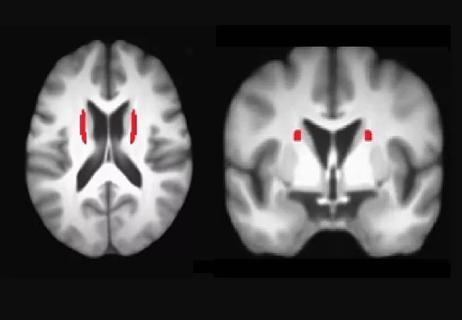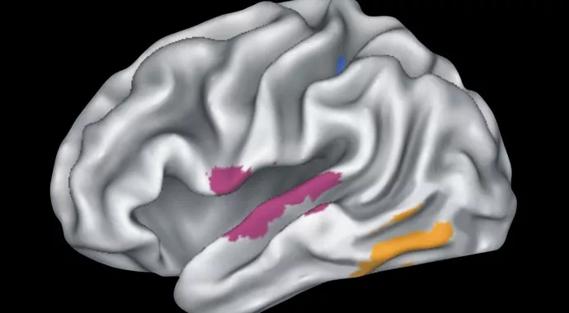Tag debug info: client: {"assets":{},"datasets":{},"live":{},"projects":{},"users":{},"observable":{"assets":{},"datasets":{},"live":{},"projects":{},"users":{}}} Now: 1770683743904 Cache Key: cqdTagPageBySlug:stephen-rao fetchCache[cqdTagPageBySlug:stephen-rao].expirationTime: falsey fetchCache[cqdTagPageBySlug:stephen-rao]. seconds remaining: falsey All fetchCache expiration times: -- Key: cqdNotFoundPage, seconds remaining: 3188 -- Key: cqdTagPageBySlug:hospital-readmissions, seconds remaining: -16647 -- Key: cqdPostsByTag:cqd-migrated-tag-4971,1,10, seconds remaining: -16582 -- Key: cqdTagPageBySlug:social-media, seconds remaining: -16155 -- Key: cqdPostsByTag:cqd-migrated-tag-2407,1,10, seconds remaining: -16080 -- Key: cqdTagPageBySlug:hiatal-hernia, seconds remaining: -14796 -- Key: cqdPostsByTag:cqd-migrated-tag-19553,1,10, seconds remaining: -14719 -- Key: cqdTagPageBySlug:career-advice, seconds remaining: -11679 -- Key: cqdPostsByTag:cqd-migrated-tag-17350,1,10, seconds remaining: -11610 -- Key: cqdTagPageBySlug:extended-pleurectomy, seconds remaining: -8946 -- Key: cqdPostsByTag:cqd-migrated-tag-21846,1,10, seconds remaining: -8879 -- Key: cqdTagPageBySlug:face-masks, seconds remaining: -7593 -- Key: cqdPostsByTag:cqd-migrated-tag-22214,1,10, seconds remaining: -7517 -- Key: cqdTagPageBySlug:special-delivery-unit, seconds remaining: -5325 -- Key: cqdPostsByTag:cqd-migrated-tag-837,1,10, seconds remaining: -5219 -- Key: cqdTagPageBySlug:obesity15, seconds remaining: -4470 -- Key: cqdPostsByTag:cqd-migrated-tag-2778,1,10, seconds remaining: -4395 -- Key: cqdTagPageBySlug:air-quality, seconds remaining: -1735 -- Key: cqdPostsByTag:cqd-migrated-tag-24142,1,10, seconds remaining: -1661 -- Key: cqdTagPageBySlug:gut-microbes, seconds remaining: 511 -- Key: cqdPostsByTag:cqd-migrated-tag-3359,1,10, seconds remaining: 591 -- Key: cqdTagPageBySlug:spinal-cord-stimulation, seconds remaining: 3188 -- Key: cqdPostsByTag:cqd-migrated-tag-26818,1,10, seconds remaining: 3253 -- Key: cqdTagPageBySlug:giant-cell-arteritis, seconds remaining: 3644 -- Key: cqdPostsByTag:cqd-migrated-tag-608,1,10, seconds remaining: 3715 -- Key: cqdTagPageBySlug:brain-metastasis, seconds remaining: 4593 -- Key: cqdPostsByTag:cqd-migrated-tag-21038,1,10, seconds remaining: 4669 -- Key: cqdTagPageBySlug:sleep-sufficiency, seconds remaining: 5062 -- Key: cqdPostsByTag:cqd-migrated-tag-24606,1,10, seconds remaining: 5113 -- Key: cqdTagPageBySlug:macrocytic-anemia, seconds remaining: 5481 -- Key: cqdPostsByTag:cqd-migrated-tag-4494,1,10, seconds remaining: 5557 -- Key: cqdTagPageBySlug:icu-capacity, seconds remaining: 7305 -- Key: cqdPostsByTag:cqd-migrated-tag-22662,1,10, seconds remaining: 7378 -- Key: cqdTagPageBySlug:leukocoria, seconds remaining: 8196 -- Key: cqdPostsByTag:cqd-migrated-tag-26526,1,10, seconds remaining: 8279 -- Key: cqdTagPageBySlug:robert-abouassaly, seconds remaining: 9558 -- Key: cqdPostsByTag:cqd-migrated-tag-18567,1,10, seconds remaining: 9635 conditions: -- false, -- NA, -- NA, -- NA -- false Cache miss for key cqdTagPageBySlug:stephen-rao - retrieving from Sanity CCCache.dataFetchCount: 920 Cache cleanup seconds remaining: 12407
Advertisement
Advertisement
Advances toward biomarkers of progression are underway
$8.75M award will help probe links with immune-related neuroinflammation
Findings may lead to new treatments to delay Alzheimer onset
Advertisement
Cleveland Clinic is a non-profit academic medical center. Advertising on our site helps support our mission. We do not endorse non-Cleveland Clinic products or services. Policy
Rendered: Tue Feb 10 2026 00:35:44 GMT+0000 (Coordinated Universal Time)
9500 Euclid Avenue, Cleveland, Ohio 44195 |
800.223.2273 | ©
2026 Cleveland Clinic. All Rights Reserved.


